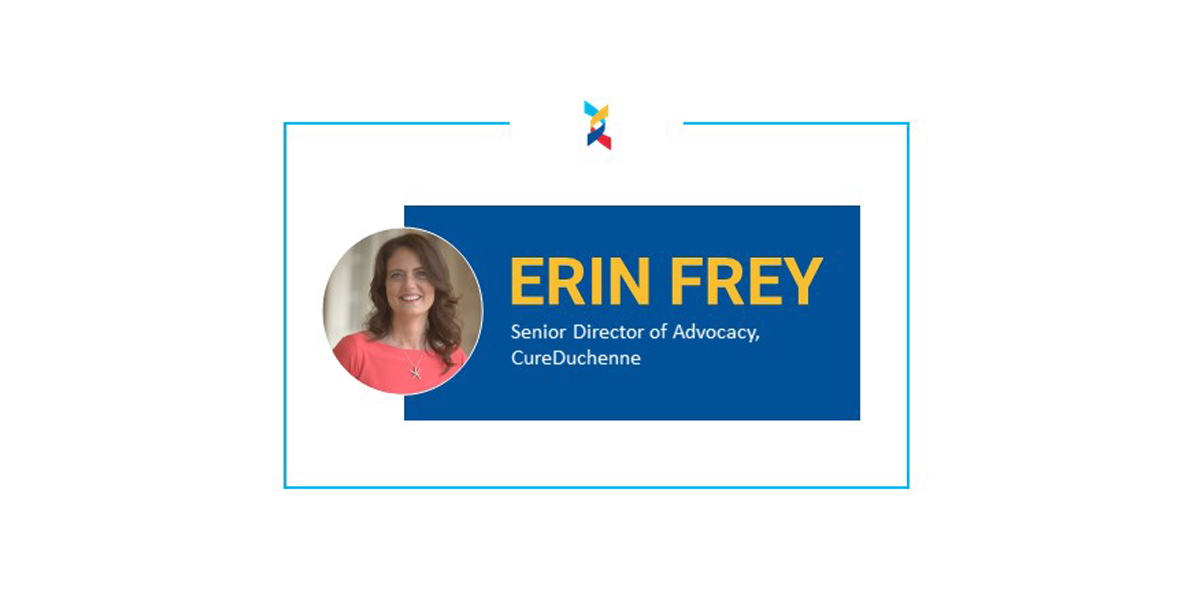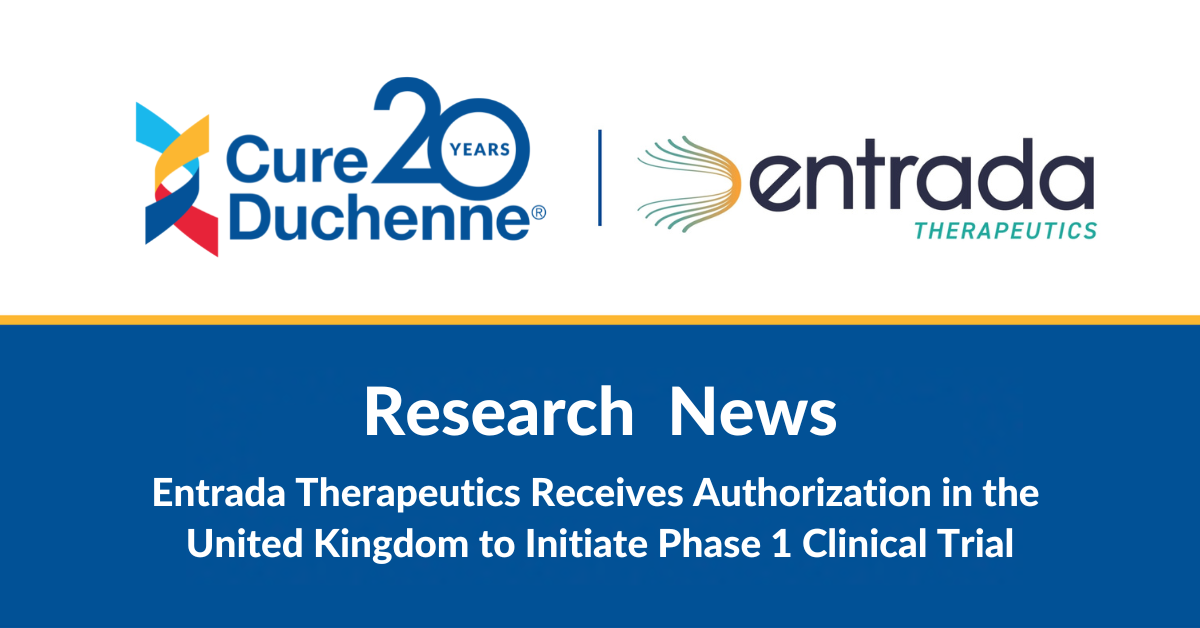Federal stimulus summary

Author: Erin Frey, Senior Director of Advocacy, CureDuchenne
Watching the news over the last few weeks has ranged from confusing to disheartening, overwhelming and sometimes, let’s admit it, a little entertaining. Some of this confusion stems from the complexities, application, impact, and availability of the recent federal aid legislation that was passed in the US. In an effort to focus on the things that matter to you the most, I compiled a summary without opinions, politics or judgment. Thanks to EveryLife Foundation for Rare Diseases and The Ridge Policy Group for helping me interpret these laws into something like clarity.
Coronavirus Preparedness and Response Supplemental Appropriations Act
H.R. 6074 was signed into law on March 6, 2020, which freed up emergency funding from the federal government.
– The government can use those funds to support the science and manufacturing of Vaccines and Treatments and they can buy from other countries should that opportunity arise.
– State, local and tribal public health programs are going to be inundated with things that cost money so the government can help them.
– This early on, this law started to provide government support for small businesses in the form of loans.
– This law gave permission to Medicare to cover telehealth in more situations and with fewer rules so doctors could start seeing their patients in ways that wouldn’t expose them unnecessarily.
Families First Coronavirus Response Act
H.R. 6201 was signed into law on March 18, 2020 – CureDuchenne supported the passage of this one because it really focused on families.
– As people began to not be able to go to work, this law allowed for companies to pay them on sick leave.
– It set up the system to enable no charge in certain circumstances for coronavirus testing.
– Food assistance and unemployment benefits eligibility were made more flexible so more people could more easily access those benefits.
– Healthcare workers’ employers were required to provide additional protections for them.
Coronavirus Aid, Relief and Economic Security Act
H.R. 748 was signed into law on March 27, 2020 – this is the one that really starts to get money to people and businesses.
– $1200 checks will be sent to anyone making up to $75,000/year (for married couples it’s $2400 for couples making less than $150,000) + $500 per child. This applies even if you have no income or if your only income is social security. If you make more than $75,000 but less than $100,000, you’ll get something less than $1200 (that income limit goes up to $146,500 if you file head of household with one child or $198,000 for joint filers with no children).
– Additional federal money into the unemployment system so that more people are eligible for unemployment, people can be on unemployment 13 weeks longer, and people who are collecting unemployment collect more than they would if it were only funded by the state ($600 more per week for 4 months).
– About $500 billion is being made available for corporate loans with lots of oversight to help industries damaged by COVID-19 – they need to retain (and pay wages and salaries to) at least 90% of their workforce. This pot also goes to states and cities to help with costs of COVID-19 response.
– $350 billion is being made available for small business loans (including non-profit organizations) that don’t need to be paid back if the company hires back all of their employees (for companies with less than 500 employees)
– You can get up to $100,000 out of your 401K with no 10% penalty for early withdrawal for coronavirus-related purposes if your withdrawal was made on or after January 1, 2020.
These bills are very complex and so, of course, this doesn’t cover everything. If you think any of these could be applicable to you, your family or your business, it is best to go to the official IRS Website at https://www.irs.gov/coronavirus or consult with your business accountant or attorney.
Also, we encourage you to be on the lookout: there are reports that a fourth bill is being discussed that will focus on supporting the “infrastructure.”




